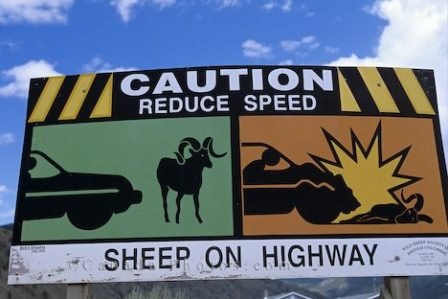The Answer to Automotive Pollution and Urban Congestion: Cars
Well, here's some counter-intuitive thinking to challenge TTAC's Best and Brightest and/or infuriate The New York Times' Editorial Board (sorry, Wilkinson, it's true): new highways are less environmentally damaging than new mass transit. "Each mile of urban highway typically provides far more passenger miles of travel than a mile of light-rail transit line. The average mile of U.S. light-rail line, for instance, [provides] only 15 per cent as many passenger miles as the average lane mile of urban freeway.” This startling conclusion comes to us from U.S. environmental economist Randal O'Toole [via Canada's Globe and Mail]. Needless to say, O'Toole's crunched the numbers: "A 1-per-cent increase in new-model cars on the road produces more benefits – in energy efficiency and in greenhouse gas reductions – than any light-rail system can produce." He also points out that mass transit systems are a 40 to 50 year investment that can't take advantage of ongoing technological improvements like… cars. That said, O'Toole favors a range of government interventions to keep things moving: tolls, toll lanes on expressways, peak-hour tolls and the "smartest traffic-light technology that money can buy."
More by Robert Farago


































Comments
Join the conversation
Getting back to user fees and Interstates/state highways - I have yet to see anyone here cite numbers on the amounts collected and the subsidy. Here are some numbers for the MN Hiawatha light rail system. Operating expenses of $15M, revenue of $15750000, assuming 9 million trips per year at an average of $1.75 per trip. That average is based on peak and off-peak rates. So roughly break-even in operation. What about retiring the $300M cost to build? Assume a 30 year 3% state muni bond (best I could do with a mortgage calculator). The bond payments constitute another $15.2M per year. There's a subsidy for you. And one that the anti-roadists would object to were it applied to highways. I agree that local roads are subsidized from general revenue. But come on, what else do we want from cities and towns? Police and fire protection, schools, water/sewerage, garbage collection - you get that right, you get my vote for mayor. You pretty much need streets for all that.